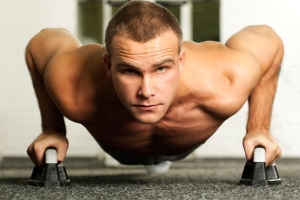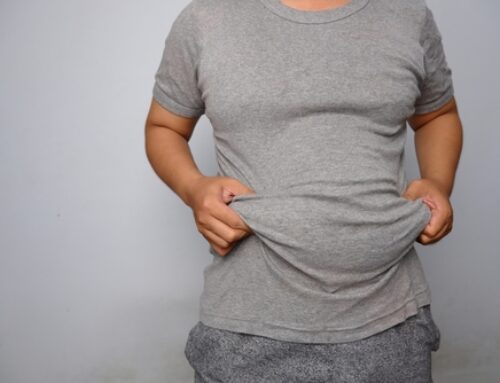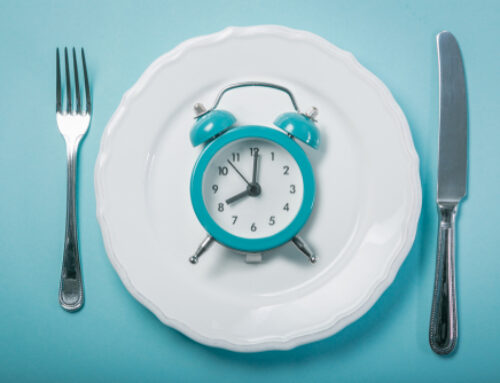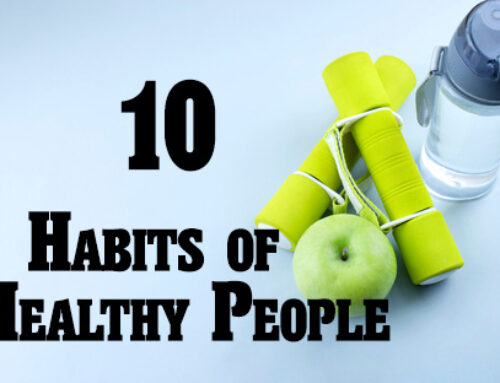 Can you really eat more to lose weight? Is it possible to feel full, satisfied, and not grumpy while burning fat? Yes, you can with protein.
Can you really eat more to lose weight? Is it possible to feel full, satisfied, and not grumpy while burning fat? Yes, you can with protein.
In
Eating a high-protein diet is an extremely effective way to build muscle mass in conjunction with strength training. And the right dose of protein at the right time can help you lose fat.
Recent research shows there is no need to bulk up and then cut up if you train, eat, and supplement correctly. This article will give you eight tips for using protein to achieve that hard-sought-after optimal body composition.
#1: Get Upwards of 2g/kg of Protein Daily to Build Muscle.
Protein synthesis and muscle growth can double when you take the right dose of protein after training. A new review found that a dose of protein of at least 2.38 g/kg of body weight a day reliably produced muscular and strength gains in trainees. In studies that compared low and high doses of protein, a higher daily protein intake was always more effective for muscle building.
#2: Use Protein to Lose Fat While Building Muscle.
The benefit of a higher daily protein dose extends to the loss of fat as well. An example is a study that compared a 2.3g/kg/d protein intake with 1.45 g/kg/d in strength athletes. The higher protein group had 5 percent less body fat by the end of the 10-week study, despite the fact that they consumed 400 more calories a day than the lower protein group.
Be aware of two points in relation to fat loss and protein intake:
1. The amount of calories required by the body to process amino acids is significantly greater. Increasing protein intake by 20 percent can lead to as much as a 15 percent elevation in calorie burn a day.
2. Protein availability affects muscle building and body weight because it helps sustain protein synthesis. Eating every 2 to 3 hours and getting a 10-gram-minimum dose of essential amino acids (EAAs) at each meal will continually trigger muscle building and tissue repair.
#3: Avoid Carb Supplementation if the Goal is Fat Loss.
If your goal is fat loss, do not supplement with carbs before or after training. Also consider restricting your total carb intake. Low-carb diets are scientifically shown to be highly effective for fat loss, and if you get the threshold protein dose and train, you can avoid a drop in muscle. The key is to provide adequate amino acids to the body at regular times before and after training.
#4: Carbs/Protein Drinks Can Enhance Muscle Building if You Are Lean.
If you are lean and highly insulin sensitive, taking quality carbs with protein post-workout can enhance protein synthesis due to a greater release of insulin and a lower cortisol response. A high-quality carb and protein supplement has a synergistic effect after training, enhancing muscle and strength gains.
In our next post, we’ll cover #5-#8. Stay tuned!
[LivFit]
Reserve your spot today for our [LivFit] Seminar happening Thursday evenings, January 23-Feburary 6 at our Downtown Roanoke, Virginia chiropractic office. It’s designed to not just to teach the things to eat and not to eat, but to teach the application of a healthy lifestyle. Our January seminar always sells out, so sign up today! Learn more on our LivFit page.
Dr. Daryl Rich, DC, CSCS






